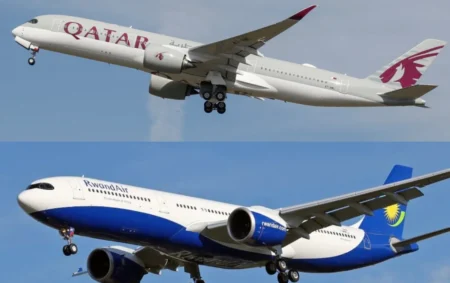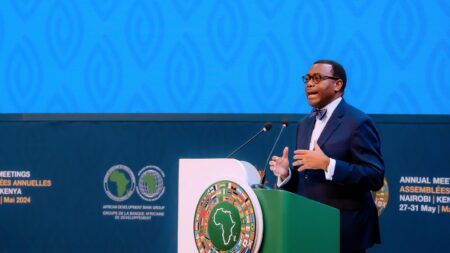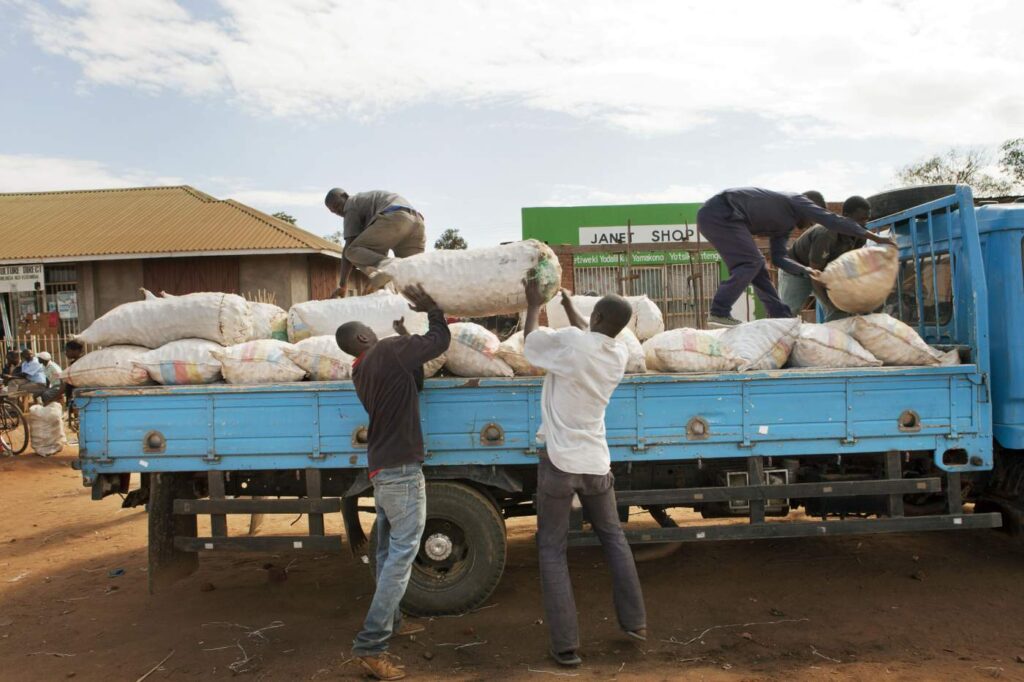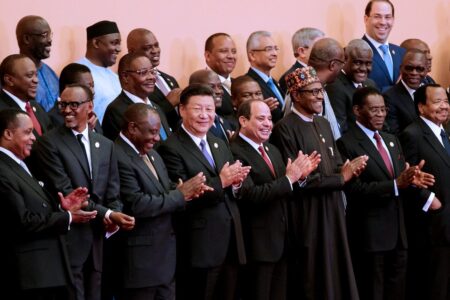Africa’s resilience to economic shocks
For two decades, Africa’s economic growth has been phenomenal heralding a brighter future in a continent that has yearned for emancipation from the Dark Continent moniker.
This growth was registered through the Ebola outbreak and the global financial crisis, out of which the continent proved its resilience to economic shocks. However, it seems like this trajectory has been interrupted by the coronavirus pandemic which is testing the continent’s strength and agility in the face of such calamities.
But it is not all doom and gloom as the continent has entered this crisis in reasonably good shape following decades of progression in health, education and economic outcomes, according to the African Development Bank (AfDB) Group’s Charles Lufumpa.
Read: Kenya beats South Africa as biggest investor in African countries
Lufumpa who is AfDB Acting Chief Economist and Vice President for Economic Governance and Knowledge Management say that as of early 2020, macroeconomic fundamentals in Africa were improving, with investments, rather than consumption, accounting for more than half of the region’s growth.
He notes that inflation was falling and the continent was making impressive strides towards accomplishing the UN Sustainable Development Goals (SDGs).
To sustain the growth, he says, “Africa must build on the momentum and strive to prevent the coronavirus pandemic from reversing the gains of the past 20 years.”
He notes that there are numerous challenges to achieving this since many countries still struggle with fragile health systems, high debt levels, weak external balances, as well as high rates of poverty and unemployment.
“The African Development Bank now projects that Africa will fall into recession in 2020 with economic growth contracting by at least 1.7 per cent. In a worst-case scenario, this figure could turn out as high as 3.4 per cent,” he adds.
Lufumpa notes that cumulative losses in the gross domestic product (GDP) across the continent could range between US$173.1 billion and US$236.7 billion in 2020 and 2021.
“The coronavirus pandemic threatens to increase the debt burden of African countries from 60 per cent to 70 per cent of gross domestic product, heightening the likelihood of a sovereign debt crisis. The additional financing required to cushion the consequences of the crisis could be in excess of US$150 billion,” he notes.
With the risk of defaulting on loan repayments almost a reality for many African nations, the continent could be in for a rude shock since many of its trading partners are yet to commit to debt cancellation. For instance, China which is the continent’s largest trading partner remains non-committal on cancelling the debt Africa owes. (Provigil)
In April this year, China’s foreign ministry told Reuters that the origin of Africa’s debt problem is complex with each country’s debt profile varying. The ministry said that on debt cancellation, China was “willing to study the possibility jointly with the international community.”
Africa’s economic dynamics are fraught with many challenges since 85 per cent of the population earns their living in the informal sector. With the uncertainty brought on by the pandemic, unemployment could be a direct result pushing an additional 28 to 49 million people into extreme poverty.
“Moreover, if we fail to take adequate action, the impact of the crisis on food insecurity and malnutrition maybe even worse than anticipated,” cautions Lufumpa.

To support African economies counter the fallout of the pandemic, Lufumpa adds that the continent needs robust policy responses from every country and strong support from Africa’s development partners.
“In the short term, African countries should prioritise healthcare spending for the provision of essential personal protective equipment (PPE) and materials, acceleration of local production of medical supplies including PPE and vaccine and drug discovery,” he says.
Read: Chinese firm sets up Sh10bn building materials factory in Nairobi
In addition, governments can implement targeted cash transfers and subsidies for vulnerable households and subsidise as well as offer tax relief for businesses.
Through it all, Africa’s youth and innovative population and its growing middle class create optimism that the continent will bounce back. The continent’s natural resources could also benefit Africans more if given value addition.
As it is, Africa’s exports are mostly raw materials which deny Africans the opportunity to benefit maximally from what they own. According to the UNCTAD, Africa gets the shorter end of the stick when it comes to benefit from its resources. For instance, cotton and cocoa with the exports of their related products show that there are better returns in value-added products than plain raw materials.
The UN trade body notes that most cocoa-producing countries are integrated through the supply of raw materials and semi-processed intermediates embodying limited value-added and are directed mainly to developed markets.
What this translates to is that many Africans are rendered jobless because the jobs in manufacturing are ‘exported’ to the developed countries.
Post-Covid-19, Africa remains an attractive investment frontier since the region has registered some of the highest growth rates in the world. While projections predict a drop in FDI to Africa, there is still a significant amount that will find its way to the continent.
The most promising sectors for FDI in Africa according to the Rand Merchant Bank (RMB) include mining, the retail sector, financial services, ICT, manufacturing and construction. Countries with the highest forecast growth rates from 2019-2024 are Senegal at 8.2 per cent, Rwanda at 7.9 per cent and Ethiopia at 7.2 per cent.
RMB lists Djibouti, Mozambique and Guinea as the biggest climbers from 44 to 34, 30 to 22 and 33 to 26 respectively.
The top three countries by market size are Egypt at US$1.4 trillion, Nigeria at US$1.2 trillion and South Africa at US$813 billion while Botswana, Rwanda and Mauritius are the three countries with the best operating environment.
According to the UNCTAD, FDI flows to the continent will contract between 25 per cent and 40 per cent based on GDP growth projections and a range of investment-specific factors.
The hardest hit by the pandemic are services industries including aviation, hospitality, tourism and leisure and the trend is likely to persist for some time.
Noteworthy, though, is that a decline in FDI started before the Covid-19 crisis arrived with the continent experiencing a 10 per cent drop in inflows in 2019 to US$45 billion.











